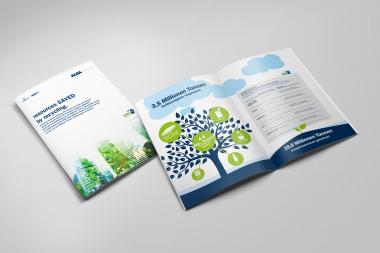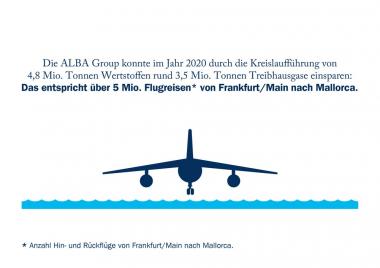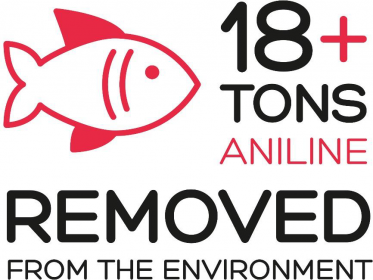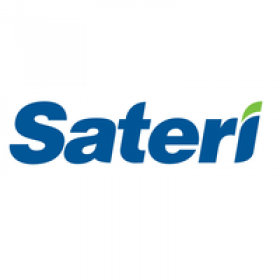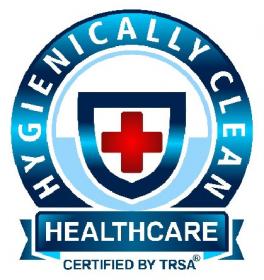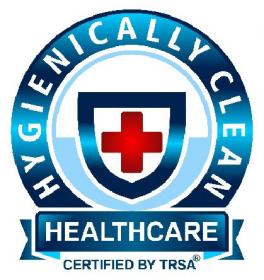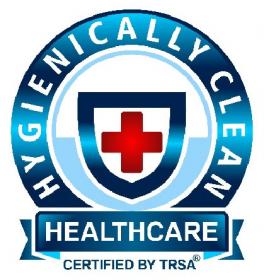Recycling secures raw materials for a climate-neutral Europe
Recycling is the key factor in achieving the EU climate targets. This is shown by the results of the "resources SAVED by recycling" study published today, which Fraunhofer UMSICHT prepared on behalf of the ALBA Group, one of the ten leading recycling companies worldwide. According to the study, 3.5 million tons of greenhouse gas emissions and 28.8 million tons of primary resources could be saved in 2020 alone. Further potential could be raised, for example, through minimum quotas for the use of recycled raw materials.
“Fit for 55” thanks to the circular economy: the recycling of raw materials leads to a systematic reduction in the greenhouse gas emissions of our civilisation – and can therefore make a key contribution to achieving the EU climate goals. This is the outcome of the “resources SAVED by recycling” study presented today, which the Fraunhofer Institute for Environmental, Safety and Energy Technology UMSICHT prepared on behalf of the ALBA Group. Thanks to the closed-loop circulation of 4.8 million tonnes of recyclable materials, the ALBA Group succeeded in preventing some 3.5 million tonnes of climate-damaging greenhouse gas emissions in the year 2020 alone. This amount is equivalent to the emissions from some five million return flights between Frankfurt am Main and Mallorca. At the same time, recycling also secures valuable raw materials for the industry: in 2020, in comparison with primary production, recycling saved 28.8 million tonnes of resources, such as crude oil and iron ore.
“The circular economy is one of the strongest pace-setters on the journey to achieving climate neutrality,” highlights Dr. Axel Schweitzer, CEO of the ALBA Group. “We will only achieve the goal of reducing greenhouse gas emissions by at least 55 per cent throughout Europe by 2030 if we make consistent use of recycled raw materials.” This includes the area of plastics, for example: compared with primary plastics made from crude oil, the use of high-quality recycled plastics achieves a reduction of greenhouse gas emissions of more than 50 per cent. “It is now necessary to lever this potential,” explains Schweitzer. “We are expecting the new Federal Government in Germany to act decisively and push ahead directly with the transition to a circular economy. The environmental benefits of recycling due to its clearly superior CO2 balance should also find reflection in prices. As immediate climate protection measures, clear industry standards for recyclates combined with minimum quotas on the use of recycled raw materials in products and packaging are also urgently necessary. Last but not least, the state sector is also called upon to prioritise resource protection in the area of procurement. Sustainable procurement can ultimately provide a significant boost to the circular economy”.
Plastics, metals, waste electrical (and electronic) equipment, wood, paper, cardboard, cartons or glass: the Fraunhofer UMSICHT has now been researching the specific benefits of recycling for 14 years. Detailed comparisons have also been made of the primary processes and recycling processes for the various material flows. “This means we can precisely quantify the extent to which the recycling activities of the ALBA Group can contribute to reducing the burden on the environment,” explains Dr.-Ing. Markus Hiebel, Director of the Department for Sustainability and Participation at Fraunhofer UMSICHT. Hiebel believes that the greatest savings can be achieved if the entire value chain is aligned consistently with the circular principle: “The transformation towards a genuine circular economy requires completely new thinking. Products should be designed and managed to ensure that they contain recycled raw materials right from the start – which enables them to be recycled appropriately.”
Fraunhofer UMSICHT ALBA Group Recycling CO2 Fraunhofer-Institut für Umwelt-, Sicherheits- und Energietechnik UMSICHT
Fraunhofer-Institut für Umwelt-, Sicherheits- und Energietechnik UMSICHT


